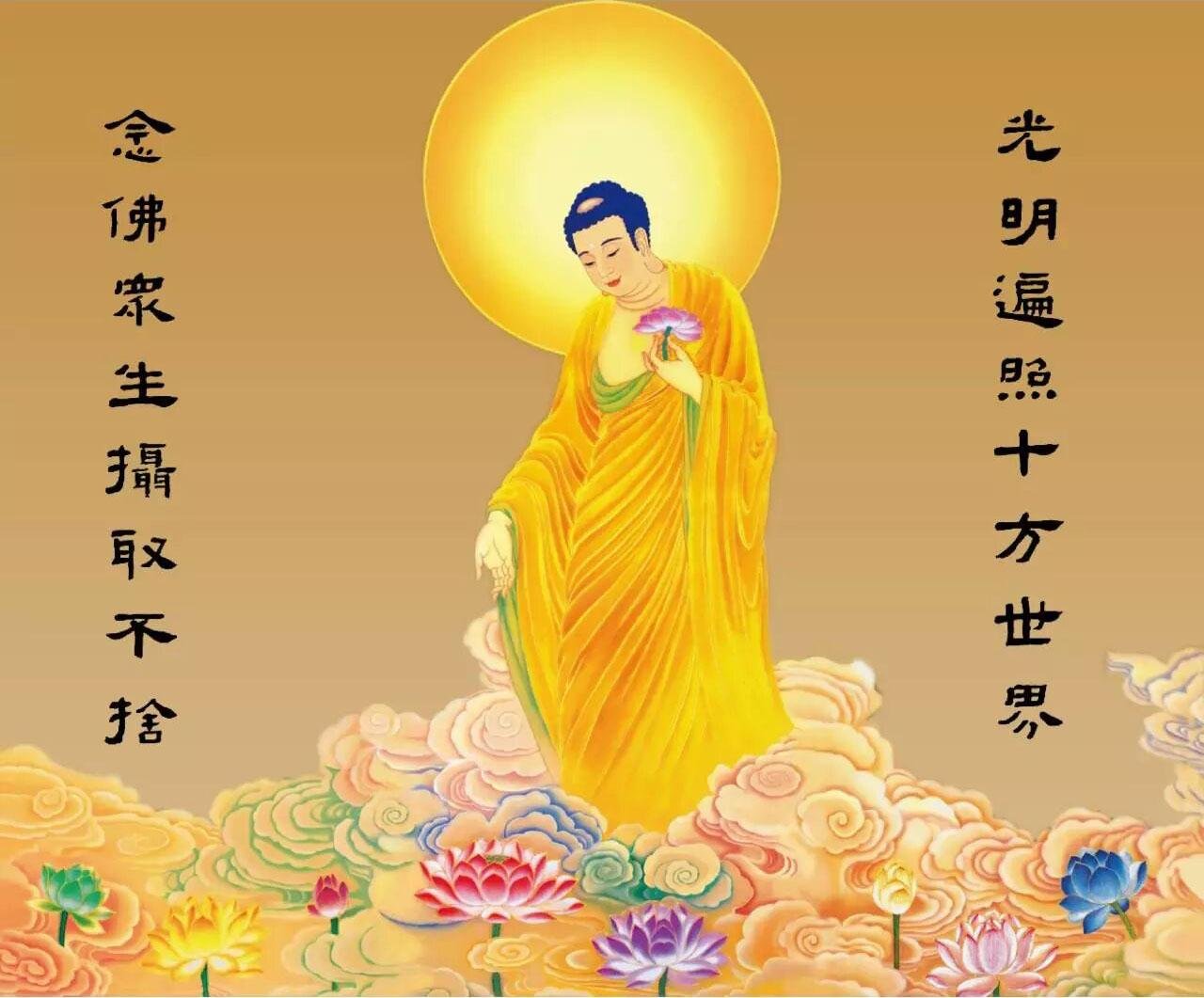Rebirth of Empress Du Gu of the Sui Dynasty
Empress Du Gu. She was a native of Luoyang in Henan and the daughter of Du Guxin, Duke of Henei and Grand Marshal of Northern Zhou. Before Emperor Wen of Sui ascended the throne, she had already married him as his consort. When he became emperor, she was formally given the title of Empress. Empress Dugu was wise and virtuous in character and made great contributions to state affairs. However, she was also very jealous, which led to very few imperial consorts being able to gain the emperor's favour.
Emperor Wen of Sui was committed to promoting and protecting Buddhism, issuing decrees across various provinces and prefectures to build stupas and enshrine śarīras, resulting in the appearance of many miraculous signs. Empress Dugu herself deeply admired and revered Mahayana. She frequently chanted Amitabha Buddha’s name. Before chanting, she would always change into clean clothes and rinse her mouth with agarwood water, a practice she maintained consistently.
In the second year of the Renshou era (602 CE), on the Jiazi day of the eighth month, Empress Du Gu passed away in Yong’an Palace at the age of fifty. At the time of her death, the room was full of an extraordinary fragrance, and heavenly music rang out.
Emperor Wen of Sui asked the Indian monk Judisra, “What is the meaning of these auspicious signs?” The monk replied, “In the Western Pure Land of Ultimate Bliss, there is a Buddha named Amitabha. The empress has now been reborn in his Pure Land, that is why these auspicious signs have appeared.” - (Book of Sui: Continued Biographies of Eminent Monks and the Buddha’s Chronicle)
- Excerpt from ‘Records of the Pure Land Sages’

